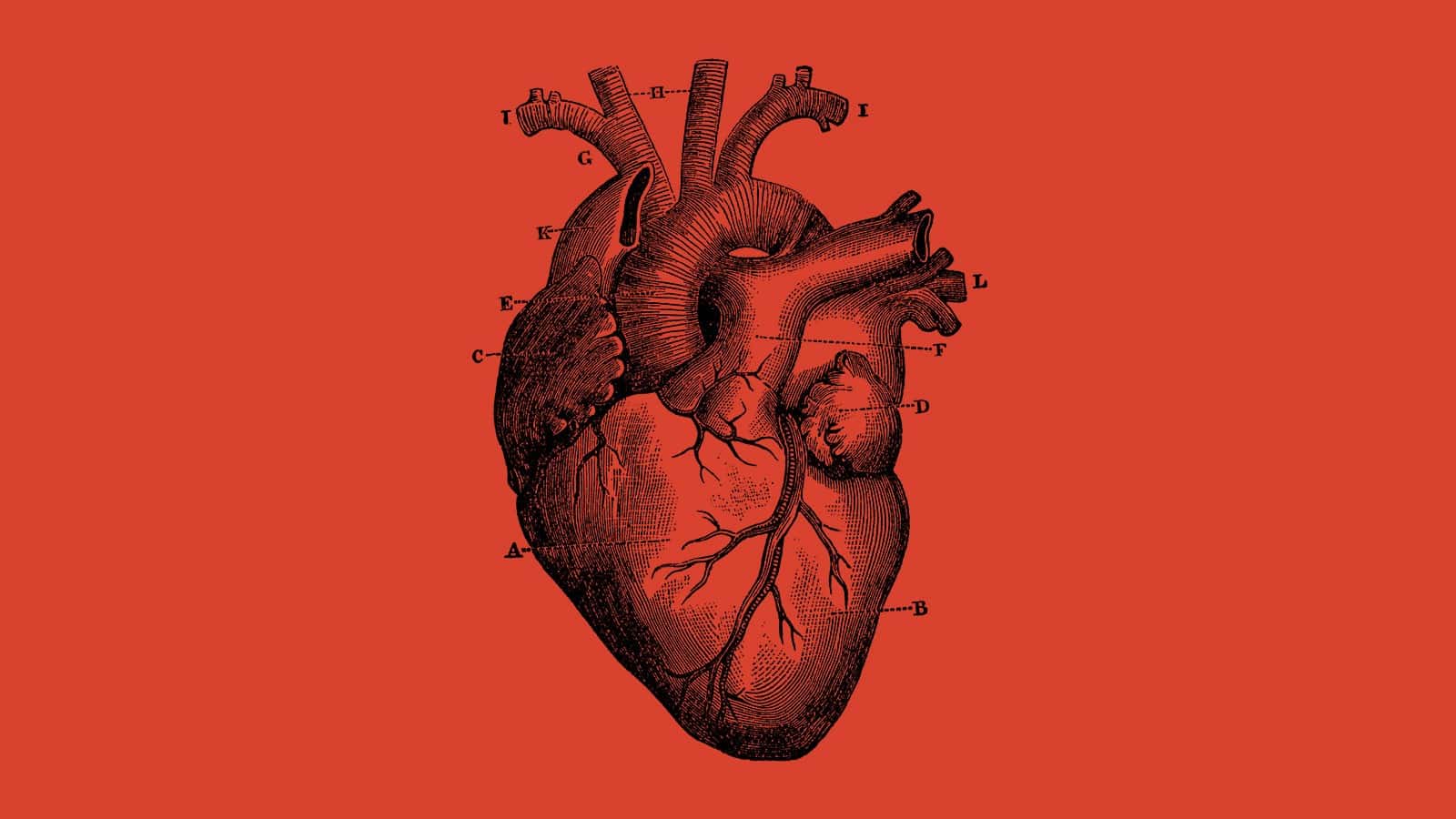It’s time to take note
The artist who has been compared to Duke Ellington and Maurice Ravel shares views on the spatio-temporality of composing music.
by Liz Shemaria

“There was always a lot of music going on in my house, and I first fell in love with it when I was about 4-years old: my earliest recorded music experience is a song called First Circle by Pat Metheny. Around the same time, I started watching Tom and Jerry, Looney Tunes, and Bugs Bunny: animated series have a special place in my music education, especially Tom and Jerry, where there is no dialogue and the music has the role of telling the story. I never said that I was a musician, but from a very young age I was comfortable touching the piano. And from the eighth grade on, I decided to make it a profession.”
Harold O’Neal is an American 38-year old composer, pianist, and dancer. For his work, he’s been compared by The New York Times to Duke Ellington and Maurice Ravel. In recent years, he has published several solo albums under Universal Music Group and collaborated with a variety of artists, including U2, Damien Rice, and Jay Z. He also composes music for movies, and in 2015 he worked as an additional composer on the 2015 Disney film Tomorrowland with Anthony Giacchino.
What is your process for writing music?
When I went to school I was in an exploratory stage where I would try different methods of writing. Sometimes I would write traditional music, or sometimes I would draw a line, like a path, and just look at it and play up. Now, instead, the music I write is very spatial, theatrical, visual, especially when it comes to film scoring. In that case I play and animate different characters at the piano based on motion pictures, and on different patterns that can happen there. One could say that I think of transitions, of movement in motion.
When composing, what tools do you use?
The first tool that I use is my breath. To me, instruments are just a tool to express what’s going on in my body. The piano is literally just an instrument: it all starts from my breath and my heartbeat, which is the rhythm — and every heartbeat is unique, meaning we have infinite potential for how we can exist with our rhythm. So I realized that if I connect with that, then I can witness, perceive, and receive what is here. Music is ultimately vibration, and everything around us is just combinations of different vibrations. This means that everything is sound: I perceive it, and express my interpretation of it.
What’s the relationship between time and music?
In the known universe, there’s an infinite spectrum of different sounds, vibrations and frequencies: if we could hear all sound in the universe all at the same time it would not make any sense. All the music in the world exists right now, but it also doesn’t exist: it is there waiting to be discovered. Every style of music has fundamental grooves and fundamental rhythms. All of these different genres have different rhythms and grooves and I can create and shape them to create this line and this different path and story.
What is the power that music has over time, to change how we perceive a moment? How does that shift based on the emotional state of the listener?
Part of my job is to share a director’s vision with music, and influence how people perceive what they are seeing. A director’s interpretation might show me something that I have to show musically. If I do something musically it could even change the way the director sees the scene.
A study by Universal Records found that songs in contemporary music are becoming faster, and the music of Johann Sebastian Bach is being performed more quickly than it was in the past. Other studies show conflicting information. What is your take on that?
I think it’s about technology and accessibility: thanks to technology, we can create music much faster and better, and instantly put it out in the world. At the same time, it’s easier for the listener to get a copy, and music is much louder than it used to be. All this is happening because of technology.
Can a specific song take us back in time?
There is one part of me that says that music is timeless, and it can be appreciated just like art, at any time. But we can also say that it’s artists’ and creators’ responsibility to be the messengers and express the time they are living in. It all depends on the intention of the writer, and on that of the listener.



